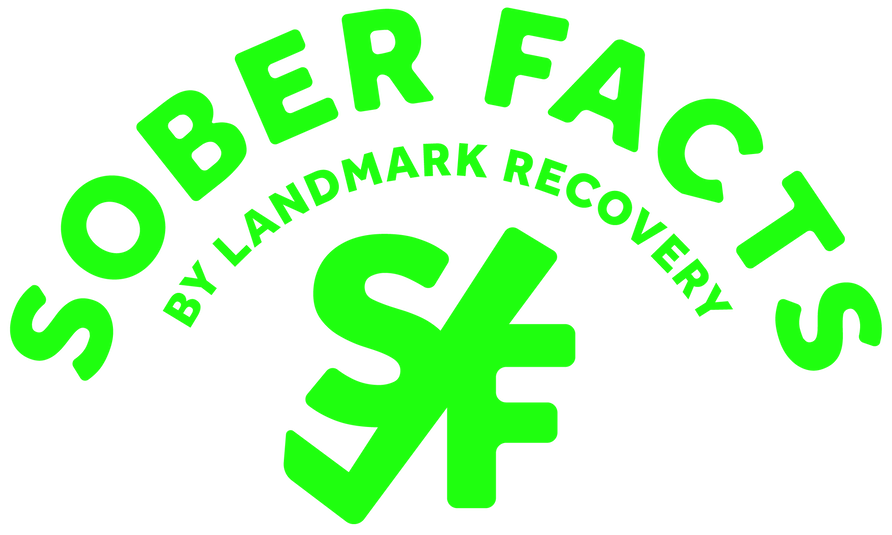Choosing recovery close to home means your support system is just a few miles away.
- 100% Confidential
- Available 24/7
- No Pressure to Commit
- Multiple Financial Options Available
Choosing recovery close to home means your support system is just a few miles away.

Sounds Like: dell.tuh.ate
Classification: cannabinoid
Controlled Substance Act Schedule: 1
Other names for Delta 8
Delta-8 Tetrahydrocannabinol (THC) is a parallel extract to one of the primary ingredients in marijuana, Delta-9 THC. That’s what produces the hallucinogenic high for marijuana users. Both versions of THC are considered psychoactive and come from the cannabis sativa plant, which marijuana and hemp are two varieties. Concentrated amounts of Delta-8 are typically manufactured from hemp-derived cannabidiol (CBD).
Delta-8, however, is legal in some places where Delta-9 isn’t, which leads many young people to think it’s not an addictive substance. There are few if any discernible differences between Delta-8 and Delta-9. Both are mind-altering forms of THC, and such substances are easily habit-forming compounds.
It does take longer, however, for some people to develop the same habits with Delta-8 that they would with Delta-9 due to the former’s more moderate high than that of the latter. Withdrawal symptoms are also considered to be less significant. Nevertheless, the addictive potential is legitimate despite what anyone else may think.
Need help with Delta 8 or another drug addiction?
Call Landmark Recovery and speak with an admission specialist today.
Call NowWe're available 24/7 to help you find Recovery
Delta-8’s primary use is as a substitute for the standard, recreational use of marijuana. It’s a hemp extract made legal by the 2018 Farm Bill, which legalized cultivation of hemp and the use of extractions from it. The FDA received more than 100 reports of adverse events in patients who consumed Delta-8 products between Dec. 1, 2020 and Feb. 28, 2022. The FDA has issued several warnings about using Delta-8.
The Delta-8 compound is ingested the same way Delta-9 THC or other forms of marijuana are consumed. It’s commonly found in vaping products or in plant form, rolled in a joint, pipe or pong be smoked. It’s also commonly put into candy and gummies. Inhaling Delta-8 produces a nearly instant high, while eating items containing it may delay the effects of the drug.

Questioning whether you could be addicted to Delta-8.
Feeling like you need to use Delta-8 in order to deal with everyday life.
Unsuccessful attempts to stop using Delta-8.
Prioritizing use of the drug over spending time with family or friends.
Using at the same times or in the same circumstances everyday.
Using Delta-8 despite adverse of negative behaviors.
Delta-8 THC products haven’t been evaluated or approved by the FDA for safe use, yet they can be marketed in ways detrimental to public health.
Many Delta-8 THC products include other harmful chemicals according to the FDA.
Delta-8-THC was discovered in the 1940s, but not fully synthesized until the 1960s.